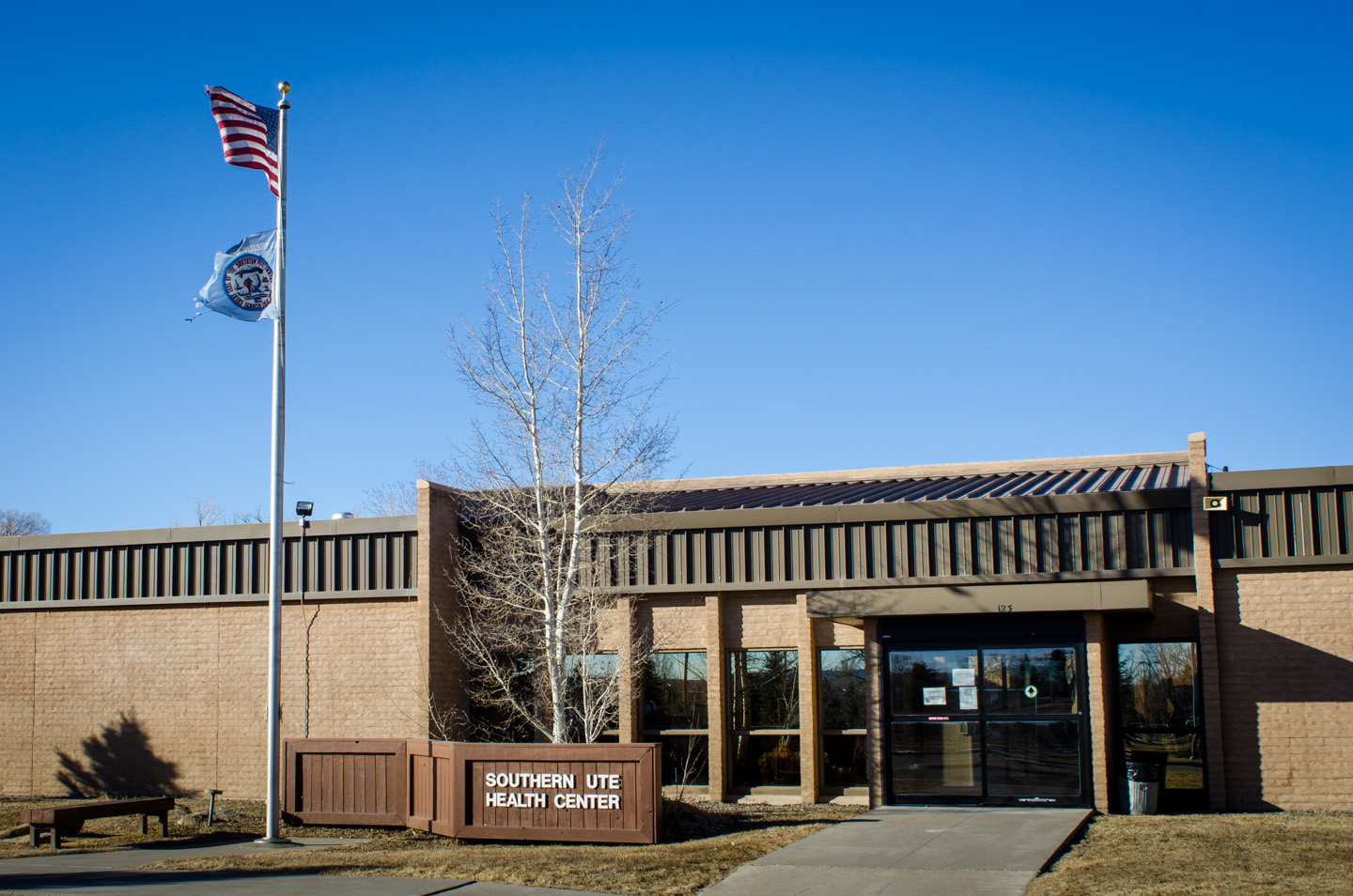Editor’s note: For more stories from our Spotlight on Tribal Health series, click here.
The Tribal Member Health Committee recommended the tribe take over the operation of the Southern Ute Health Center through an Indian Self-Determination Act contract. So the Tribal Council directed the tribe’s attorneys, Monte Mills and Steve Boos, to start negotiations for a self-determination contract with the U.S. Indian Health Service in Albuquerque.
Meetings began in early 2005 and seemed to go well. Issues concerning the scope of the contract and the amount of money that would be payable to the tribe had all been worked out. It looked as though the contract would be signed by the summer of 2005.
Then everything changed as the result of a U.S. Supreme Court decision.
The Indian Health Service had taken the position that it could decide to not honor the terms of self-determination contracts with tribes, especially with regard to the payment of contract support costs. In a case entitled Cherokee Nation v. Leavitt, the Supreme Court said that IHS actually had to keep the promises it made to tribes in self-determination contracts and ordered that the IHS pay about $13 million in unpaid contract support costs to the Cherokee.
Indian Health Service officials were not happy, to say the least.
Immediately after the Cherokee decision was published, the IHS adopted a rule saying that new self-determination contracts had to contain language stating that the tribe agreed to waive its right to receive contract support costs. The language would leave it entirely up to the IHS to decide whether it would ever pay contract support costs to a tribe.
The Albuquerque area IHS staff came to the tribe and told its attorneys that this new language would have to be inserted in the tribe’s self-determination contract. They threatened to decline the tribe’s contract if it did not agree to the language waiving the tribe’s right to receive contract support costs.
The tribe’s attorneys advised the Tribal Council that the IHS demand was illegal and that the tribe should not agree to include the contract support cost waiver language in the contract.
The Tribal Council agreed and told the attorneys to litigate rather than agree to the illegal language. This message was communicated to the IHS, which then declined the tribe’s contract proposal.
The tribe filed suit against the IHS in the U.S. District Court for New Mexico. Initially, the tribe prevailed when the federal judge ruled that the declination of its contract proposal was illegal and ordered the IHS to enter into the self-determination contract for the Southern Ute Health Center.
But the IHS said that it couldn’t sign the contract, which included a requirement to pay the tribe contract support costs, because it didn’t have the money to pay any contract support costs. The Indian Health Service asked the judge to clarify his first ruling, and he then directed that language be included in the tribe’s contract stating that it was currently entitled to receive $0 in contract support costs.
The judge’s order did not comply with the requirements of the Indian Self-Determination Act, so the Tribal Council directed that an appeal of the order be filed with the U.S. Court of Appeals for the 10th Circuit in Denver.
The tribe’s attorneys filed the appeal. At the same time, the IHS filed an appeal of the ruling that its declination of the tribe’s contract was illegal.
In 2011, the Court of Appeals rejected the IHS appeal and upheld the ruling that the IHS declination of the tribe’s contract because it would not include the contract support cost waive language was illegal.
The court went on to rule in favor of the tribe on the issue of whether its contract must include language that the tribe was entitled to $0 in contract support costs. The Court of Appeals decided that this language was prohibited by the Indian Self-Determination Act.
The IHS lost a method for strong-arming tribes into giving up their rights to receive contract support costs. The tribe was happy with this outcome, but the IHS wasn’t. So the IHS asked the U.S. Supreme Court to review, and reverse, the decision of the Court of Appeals in favor of the tribe.
Supreme Court review of a decision like this one is not automatic; the Supreme Court can decide to not hear a case like the tribe’s case. When the IHS filed a brief asking the Supreme Court to review the tribe’s case, the tribe filed a brief saying that the IHS request should be denied.
The Supreme Court agreed with the tribe and denied the IHS request to review the Court of Appeals decision. The tribe had won after a seven-year battle.
As a result, the tribe now has the legal right to collect 100 percent of the contract support cost money stated in its self-determination contract.

